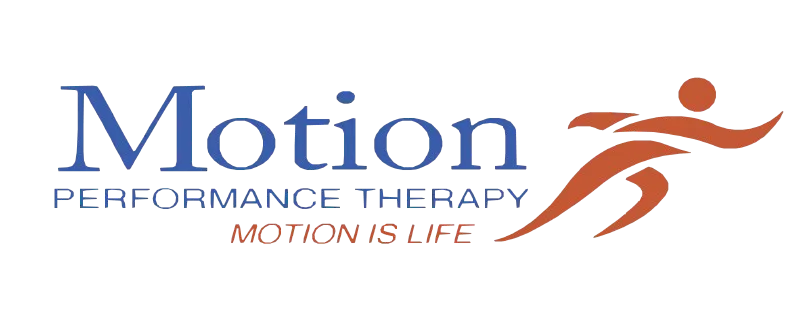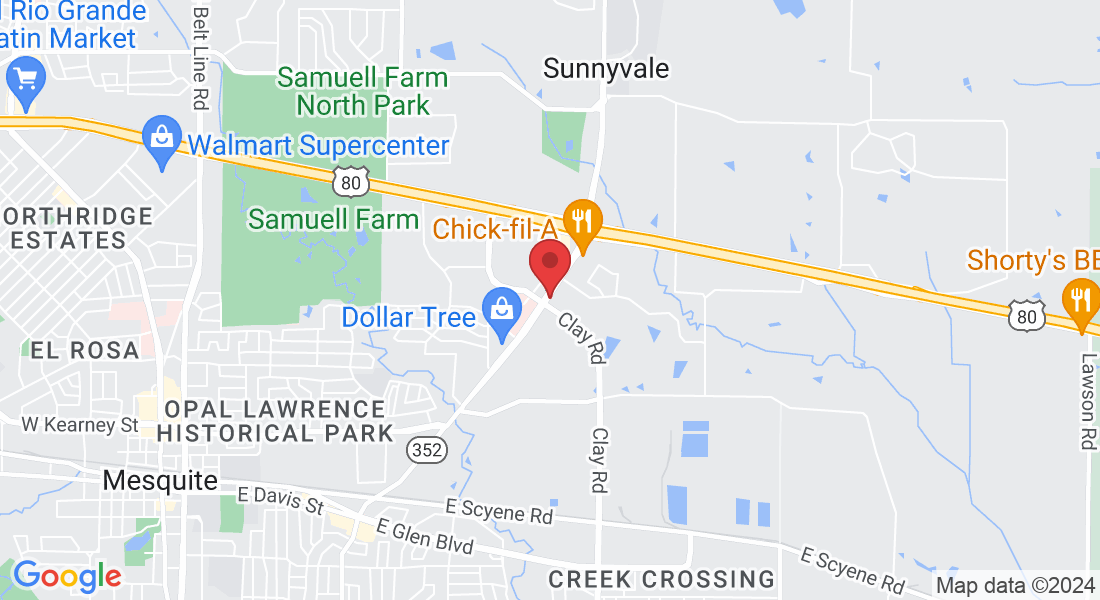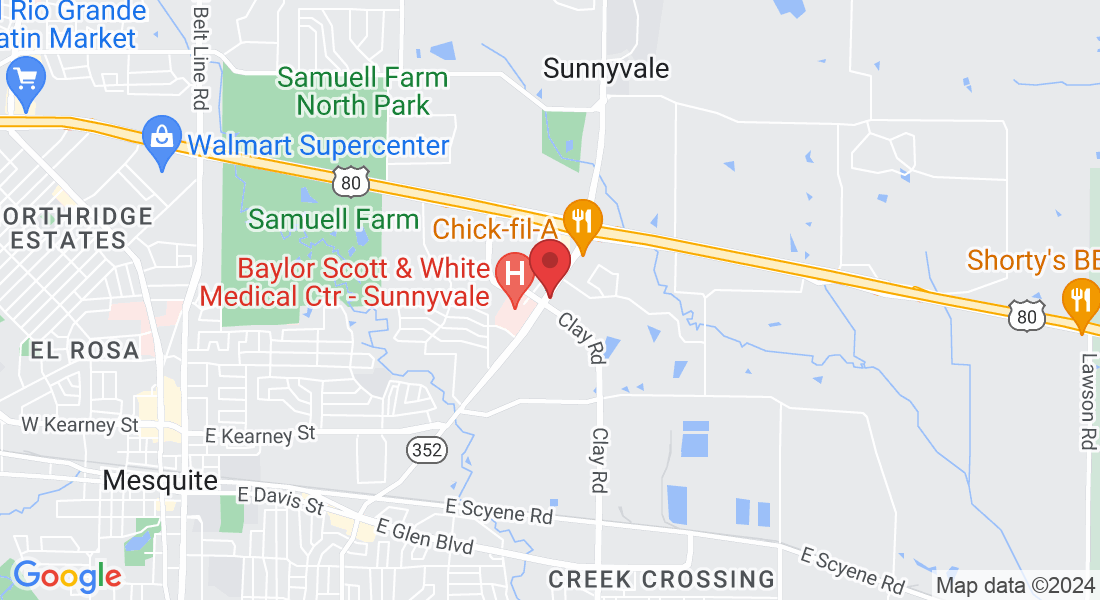214-256-3778
(214) 256-3770


Bunion Surgery Specialist
If a painful bunion prevents you from staying active and living life to its fullest, minimally invasive surgery can reduce pain, swelling, and stiffness. At Dallas Orthopedic & Shoulder Institute in Sunnyvale and Kaufman, Texas, the team of highly trained experts offers bunion surgery to repair joint problems and give you a better quality of life. Call the Dallas Orthopedic & Shoulder Institute office for an appointment today or use the online booking tab on this website.


Bunion Surgery Specialist
If a painful bunion prevents you from staying active and living life to its fullest, minimally invasive surgery can reduce pain, swelling, and stiffness. At Dallas Orthopedic & Shoulder Institute in Sunnyvale and Kaufman, Texas, the team of highly trained experts offers bunion surgery to repair joint problems and give you a better quality of life. Call the Dallas Orthopedic & Shoulder Institute office for an appointment today or use the online booking tab on this website.
Bunion Surgery Q & A
What are bunions?
Bunions are large bony bumps that develop at the base of your big toe joint. A bunion usually develops when bones in your foot move out of their proper alignment, causing part of your big-toe bone to stick outward. This can cause pain.
Bunion surgery by the Dallas Orthopedic & Shoulder Institute team offers long-lasting relief.
What are the symptoms of bunions?
Common symptoms associated with bunions include:
✔ Corns
✔Calluses
✔ Bulging bump near your toe
✔ Swelling
✔ Redness
✔ Soreness
✔ Ongoing pain
✔ Stiffness
✔ Limited big-toe movement
Complications that can result from severe, untreated bunions include bursitis, hammertoe, and chronic, painful swelling. Risk factors for developing bunions include wearing high heels and other kinds of poor-fitting shoes, having arthritis, and conditions you were born with.
Is bunion surgery right for me?
To find out if you’re the right candidate for bunion surgery, your orthopedic specialist reviews your symptoms and medical history. They examine your feet and toes and could recommend you undergo X-rays to make a final diagnosis.
What happens during bunion surgery?
Before bunion surgery, follow your provider’s pre-surgical instructions. They might ask you to stop taking certain medicines before your procedure or not eat or drink anything the morning of surgery.
You’re given local, regional, spinal, or general anesthetic so you won’t feel any discomfort during bunion surgery. Your provider makes a tiny incision and removes swollen soft tissue or bone, realigns bones in your feet to correct deformities, or joins bones together. After the procedure, your provider takes you to a recovery area until the anesthesia wears off.
What should I expect during my recovery?
You might be able to walk right after bunion surgery, but full recovery usually takes several weeks to months. Follow your post-surgical instructions. Get plenty of rest, take medications as prescribed, ice the affected area, and wear the right wraps and footwear.
Most importantly, go to your follow-up appointments with the Dallas Orthopedic & Shoulder Institute team. Don’t live with a painful bunion when simple treatments can offer you long-lasting relief.
Schedule a consultation with Dallas Orthopedic & Shoulder Institute today, by phone or online, to find out if bunion surgery is right for you.
Bunion Surgery Q & A
What are bunions?
Bunions are large bony bumps that develop at the base of your big toe joint. A bunion usually develops when bones in your foot move out of their proper alignment, causing part of your big-toe bone to stick outward. This can cause pain.
Bunion surgery by the Dallas Orthopedic & Shoulder Institute team offers long-lasting relief.
What are the symptoms of bunions?
Common symptoms associated with bunions include:
✔ Corns
✔Calluses
✔ Bulging bump near your toe
✔ Swelling
✔ Redness
✔ Soreness
✔ Ongoing pain
✔ Stiffness
✔ Limited big-toe movement
Complications that can result from severe, untreated bunions include bursitis, hammertoe, and chronic, painful swelling. Risk factors for developing bunions include wearing high heels and other kinds of poor-fitting shoes, having arthritis, and conditions you were born with.
Is bunion surgery right for me?
To find out if you’re the right candidate for bunion surgery, your orthopedic specialist reviews your symptoms and medical history. They examine your feet and toes and could recommend you undergo X-rays to make a final diagnosis.
What happens during bunion surgery?
Before bunion surgery, follow your provider’s pre-surgical instructions. They might ask you to stop taking certain medicines before your procedure or not eat or drink anything the morning of surgery.
You’re given local, regional, spinal, or general anesthetic so you won’t feel any discomfort during bunion surgery. Your provider makes a tiny incision and removes swollen soft tissue or bone, realigns bones in your feet to correct deformities, or joins bones together. After the procedure, your provider takes you to a recovery area until the anesthesia wears off.
What should I expect during my recovery?
You might be able to walk right after bunion surgery, but full recovery usually takes several weeks to months. Follow your post-surgical instructions. Get plenty of rest, take medications as prescribed, ice the affected area, and wear the right wraps and footwear.
Most importantly, go to your follow-up appointments with the Dallas Orthopedic & Shoulder Institute team. Don’t live with a painful bunion when simple treatments can offer you long-lasting relief.
Schedule a consultation with Dallas Orthopedic & Shoulder Institute today, by phone or online, to find out if bunion surgery is right for you.
Our Patient Reviews
Our Locations
Dallas Orthopedic and Shoulder Institute - Sunnyvale
Office Hours
Monday through Friday - 8:00am – 5:00pm
Saturday & Sunday – CLOSED
Dallas Orthopedic and Shoulder Institute - Sunnyvale
Clinic Hours
Monday through Thursday - 7:00 am - 5:30pm
Friday, Saturday & Sunday - CLOSED
Phone Number:
214-256-3778
Address
222 South Collins Road, Suite 101
Sunnyvale, TX 75182
Dallas Orthopedic and Shoulder Institute - Kaufman
Office Hours
Monday through Thursday - 8:00am –5:00pm
Friday, Saturday & Sunday - CLOSED
Motion Performance Therapy - Kaufman
Clinic Hours
Monday through Thursday - 8:00am –5:00pm
Friday, Saturday & Sunday - CLOSED
Phone Number:
214-256-3778
Address
874 Ed Hall Dr Suite 104, Kaufman, TX 75142 (Professional building next to Texas Health Presbyterian Hospital in Kaufman)


Copyright 2023 Dallas Orthopedic and Shoulder Institute. All rights reserved
Our Patient Reviews
Our Locations
Dallas Orthopedic and Shoulder Institute - Sunnyvale
Office Hours
Monday through Friday - 8:00am – 5:00pm
Saturday & Sunday – CLOSED
Motion Performance Therapy - Sunnyvale
Clinic Hours
Monday through Thursday - 7:00 am - 5:30 pm
Friday, Saturday & Sunday - CLOSED
Phone Number:
214-256-3778
Address
222 South Collins Road, Suite 101
Sunnyvale, TX 75182
Dallas Orthopedic and Shoulder Institute - Kaufman
Office Hours
Monday through Thursday - 8:00am – 5:00pm
Friday, Saturday & Sunday - CLOSED
Motion Performance Therapy - Kaufman
Clinic Hours
Monday through Thursday - 7:00 am - 5:30 pm
Friday, Saturday & Sunday - CLOSED
Phone Number:
214-256-3778
Address
874 Ed Hall Dr Suite 104, Kaufman, TX 75142 (Professional building next to Texas Health Presbyterian Hospital in Kaufman)





